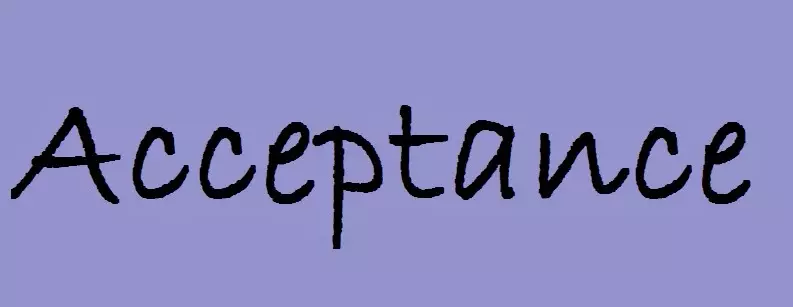Explain the various rights of an aggrieved party for breach of contract.
Rights of an aggrieved party for breach of contract:
Whenever there is a breach of a contract, the aggrieved party is entitled to any one or more of the following remedies against the guilty party :
Rescission of the Contract:
The term ‘rescission’ may be defined as the cancellation of the contract. When a contract is broken by one party, the other party may rescind the contract and refuse further performance. In such a case, he is discharged of his obligations under the contract. But in case the aggrieved party is interested to sue the guilty party for damages for breach of contract, he has to file a suit for rescission of the contract. When the court grants rescission, the aggrieved party is freed from all his obligations under the contract, and becomes entitled to compensation for any loss caused to him through non-fulfillment of the contract.
Suit for Damages:
Damages are a monetary compensation for the loss sustained by the injured party for the non-performance of the obligation by the ‘other. The party who is injured by breach of a contract may bring an action for damages. The aggrieved party may claim such damages, as arising naturally and directly in the usual course of things from such breach (ordinary damages). The injured party can also recover such damages which the parties knew when they entered into the contract as likely to result from the breach (special damages).
Suit for Specific Performance of the Contract:
When damages are not an adequate remedy the court may direct the party in breach to carry out his promise according to the terms of the contract. This is called specific performance of the contract.
Specific performance of any contract may, at the discretion of the court, be enforced in the following cases :
- Where there is no standard for ascertaining the actual damages caused by non-performance of the act agreed to be done.
- Where compensation in money is not an adequate relief for non-performance, specific performance may be enforced.
- Where there is a sentimental value attached to the thing purchased.
However, specific performance will not be granted where :
- Monetary compensation is considered as an adequate relief.
- The contract is for personal services, e.g., a contract to paint a picture, and
- Where it is not possible for the court to supervise the execution of the contract e.g. a building contract.
Suit for Injunction:
‘Injunction’ is a negative order of the court directing the party to refrain from doing something. This is given in cases where a party is guilty of breach of a negative term of the contract. This remedy may be used as a means of enforcing an express negative stipulation in a contract, or a simple promise to forebear. It is the discretion of the court to grant injunction. It is usually issued in cases where the compensation in terms of money is not an adequate relief.
Suit for Quantum Merit:
Quantum merit means ‘as much as is earned’ or ‘in proportion to the work done”. Where a party has, in the performance of his contract, done some work or rendered some service and further performance is not possible due to breach of the contract by the other party or the contract is discovered to be void or becomes void, he may recover reasonable compensation for the work done or service rendered. A claim for quantum merit arises in the following cases : (a) where the work is done, or (b) services are rendered by one person to another.





